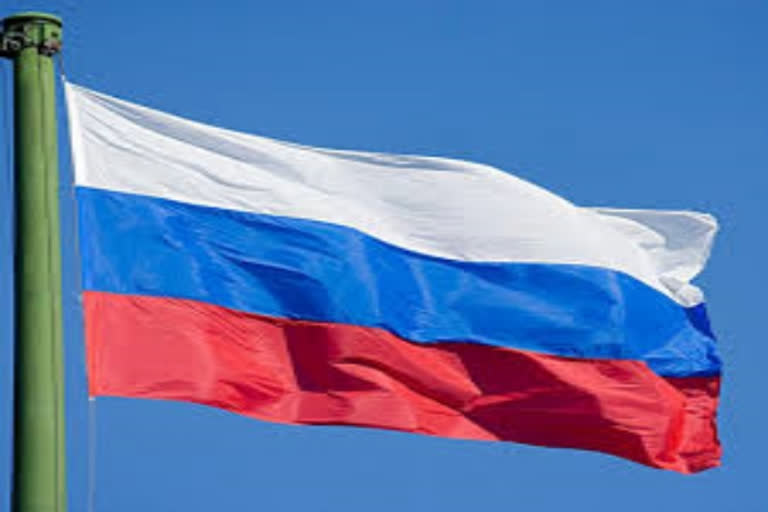United Nations: Syria and close ally Russia clashed with the U.S. and other nations on Tuesday over a Western initiative to suspend Syria's voting rights in the global chemical weapons watchdog for failing to provide details of three chemical attacks in 2017 that investigators blamed on President Bashar Assad's government.
The confrontation in the U.N. Security Council foreshadowed a showdown when the 193 member states of the Organization for the Prohibition of Chemical Weapons meet in The Hague, Netherlands, in April to consider a French-drafted measure, on behalf of 46 countries, to suspend Syria's rights and privileges in the body.
The French proposal was a response to Syria's failure to meet a 90-day deadline set in July by the OPCW's executive council for Damascus to declare the nerve agent sarin and chlorine, which OPCW investigators said last April were dropped by the Syrian air force on the central town of Latamneh in late March 2017.
The Western effort reflects a much broader effort to obtain accountability for Syrian chemical attacks and highlight claims that Assad's government is secretly continuing its chemical weapons program.
Syria joined the Chemical Weapons Convention in September 2013, pressed by Russia after a deadly chemical weapons attack that the West blamed on Damascus.
By August 2014, the Assad government declared that the destruction of its chemical weapons was completed. But Syria's initial declaration of its chemical stockpiles and chemical weapons production sites has remained in dispute.
Ireland's U.N. ambassador, Geraldine Byrne Nason, a new council member, said it was deeply disturbing that the OPCW still cannot determine whether the initial declaration was accurate or complete because of gaps and inconsistencies. She said the problems are not minor as some would portray, alluding to Russia.
Read: Concern over alleged chemical weapon use in Syria: India at UNSC
Over those seven years, the number of issues that need to be addressed has expanded from five to 19, Byrne Nason said.
There have been 17 amendments to Syria's declaration including the addition of a production facility, four research and development centers, and doubling of the amount of declared agents and chemicals.
In addition, she said, there are issues related to hundreds of tons of missing agents and munitions reported destroyed" before Syria joined the chemical convention as well as recent reports of a production facility that Damascus declared as never having been used, where there is clear evidence to the contrary.
Norwegian Ambassador Mona Juul, another new council member, also expressed concern at Syria's failure to explain an unnamed chemical that can be used in chemical weapons but also has non-weapons uses. It was detected at the Barzah facilities of the Syrian Scientific Studies and Research Center.
